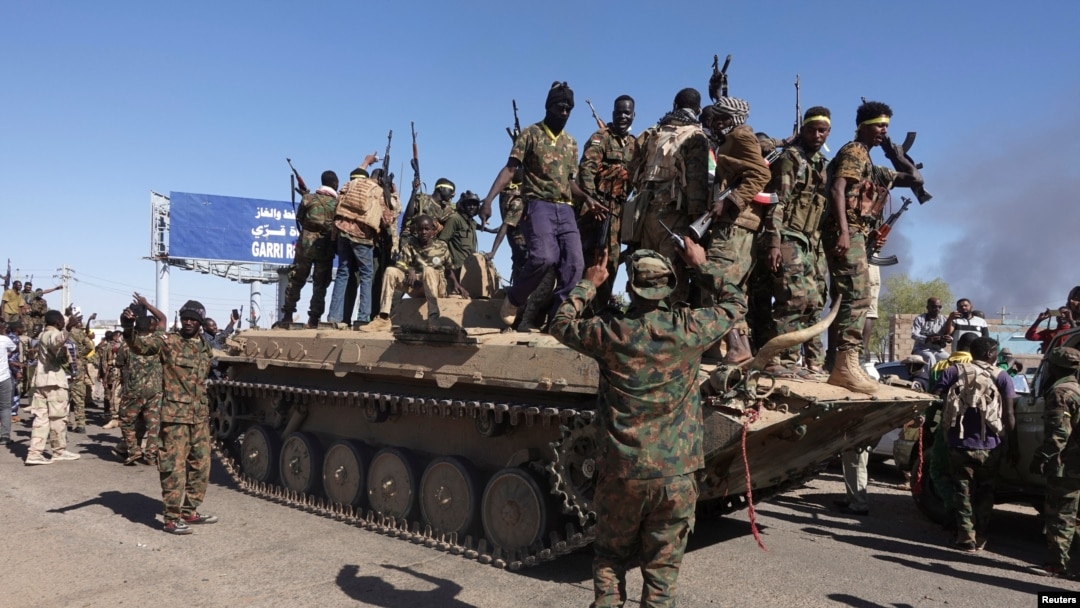Libyan electoral office attacked as local elections grow closer

On the morning of August 12th, an armed assault was carried out on an electoral administration office in the Libyan city of Zliten, according to the Libya Review.
Zliten is a major city based in western Libya, near the capital of Tripoli, and has a large voter base, making it a prime target in attempts to sabotage or obstruct the electoral process.
Libya’s High National Elections Commission (HNEC) has condemned the armed assault on their office in Zliten, describing it as a “flagrant violation of the sanctity of the Commission, the values of civil governance, and the aspirations of Libyan voters for democracy and stability.”
The HNEC issued a statement on August 12th calling the attack a “barbaric act” that infringes on the rights of Libyan citizens to vote for their representatives on municipal councils.
The commission also affirmed that continuing with the electoral process supports the principles of citizenship whilst consolidating the foundations of peace and stability in Libya, and promised that they would proceed with the electoral process in line with the voters’ expectations and not give in to those trying to obstruct the elections.
Municipal elections have been scheduled to begin the voting phase by mid-August, but there have been delays.
Distribution of voter cards began on June 28th, but just days after on July 2nd it was reported that authorities in eastern Libya had completely halted distribution in Benghazi, Sabha, and Sirte without explanation.
The Libyan Crime Watch accused the eastern government and Khalifa Haftar of orchestrating the disruption, and documented assaults by gunmen at distribution centres.
The attacks on electoral offices and distribution centers represent a broader set of security challenges faced by elections in Libya, mostly prompted by the significant political divisions.
Since 2011, when the long-time dictator Moammar Gadhafi was overthrown, Libya’s governance has been split into two rival administrations, the western government based in the capital of Tripoli and backed by many foreign governments and the UN, whilst the eastern-based government is aligned with the Libyan National Army and backed by nations including Russia and Egypt.
Libya Review/Maghrebi
Want to chase the pulse of North Africa?
Subscribe to receive our FREE weekly PDF magazine













